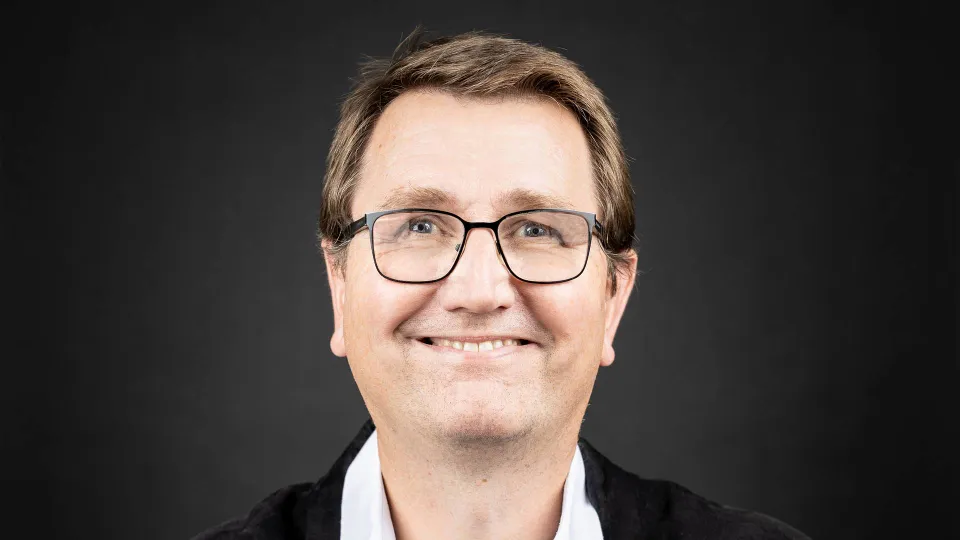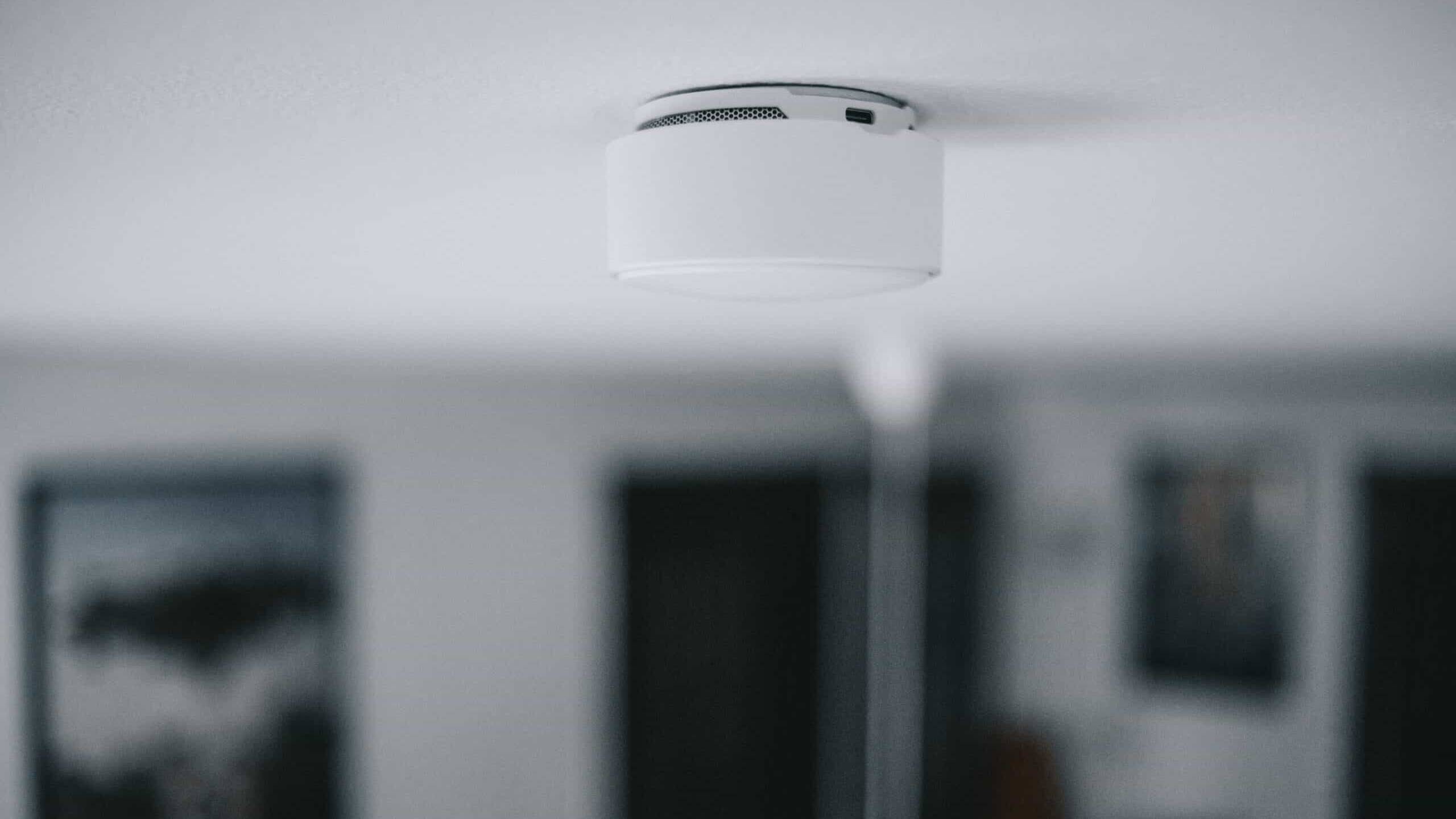Karsten Lindhardt, Ph.D., developed the first injection-molded pill that was approved by the FDA with his former company. With his new startup Biograil, he is exploring a new delivery mechanism for biological drugs. It’s not just something nobody ever did, it’s also becoming a focus area of the pharmaceutical industry to transform injectables into oral drugs, so the timing of such a development could not be better.

CEO and founder, Biograil
Karsten Lindhart is CEO and founder of Biograil, a startup based in Copenhagen. He has more than 20 years of experience in pharmacology, clinical development and R&D. Karsten has a Ph.D. in Pharmacology.
Usually, when people talk about innovation in pharmaceutics, they think about new drug substances. You, however, are a pioneer in the materials space and brought the first injection-molded pill to the market. What does it do that a normal capsule cannot?
As you are probably aware, there is an opioid epidemic in the US. The abuse of these drugs has become a big problem. People started taking the capsules apart, pulverizing tablets, and snorting the powder or injecting it. We came up with a tablet that made this kind of abuse impossible.
How?
Injection-moulding is a process by which polymers are shaped using pressure. When they cool down after this process, the polymers become very hard. i.e. if you put these pills into a coffee grinder to pulverize them, they will destroy the blades of the coffee grinder.
What happens if you swallow this hard pill?
They dissolve in the intestine and do what they’re supposed to. It is the perfect abuse-deterrent mechanism, exactly what the physicians and the medical community were looking for. And it was the first injection-molded pill that got approval by the regulatory authority FDA. Sadly, the insurance companies in the US didn’t want to pay for this feature and the medication had to compete with cheap generic drugs without abuse-deterrent features. It is a pity that this extraordinary idea didn’t meet with much commercial success despite support from the FDA, patient advocacy groups and the practitioners in the pain field.
What happened next?
The company, where I was Chief Scientific Officer, changed its focus. Since it couldn’t get commercial success of the abuse-deterrent features of the technology, it decided to abandon it. But I saw other values in it too. We agreed to spin out the technology which allowed us to create the startup Biograil.
How did you know this approach could be useful for something else than abuse deterrence?
There was this seminal publication from MIT that described the limitations in the delivery of peptides and proteins through the gastrointestinal tract (GIT). It was found that if the first part of the GIT wall could be overcome by injecting into the lining of the GI tract very effective distribution of the active substance throughout the body could be achieved. Now, with injection molding, we are able to make oral tablets very hard, and we’re able to shape it the way we want. So the idea was to develop a tablet that would be able to hook into the intestinal wall.
Was it a big step for you to leave a public company and create a startup?
I’d say it was a natural step. This technology was my baby, so to speak, and it would have been very hard just to leave it behind. I want to make sure it lands in the right place where it can show its potential.
You talked about the delivery of peptides and proteins through the GI tract. Is that a commercially viable market?
It is a very big market. Most of the medications that are invented by biotechnological means belong to this category. You cannot just put them in a normal tablet as these substances simply get dissolved in the GI tract. This means that until now, you have to inject them, with all the problems and stigmas this entails. Patients would be more than happy to take a capsule instead of injecting themselves, and this would also increase compliance, making sure the medication is actually taken. This is what I want to achieve with Biograil, bring relief to these patients by offering an oral delivery route instead of injections. A lot of big pharma firms are looking for a solution like this, and we’re on their radar.
“Our strongest asset is simplicity”
The company that first achieves this breakthrough would no doubt be hailed as revolutionary and enjoy huge commercial success. So it is no surprise that big players such as Novartis and Alphabet are pouring big money into this quest, funding startups such as Rani that develops a robo-pill. Doesn’t it feel silly to compete with these guys?
I think we have an edge on them. Our strongest asset is simplicity. If you look at the solutions they propose, they are very complex with their trigger mechanisms and all. They are, in fact, somewhat over-engineered, because they’re not taking advantage of the peristaltic forces in the GI tract. We do. Our solution uses just a few elements, and it enters the wall of the intestine with the pressure the body creates itself.

Invest in Startups
As one of Europe’s most active venture capital investors, we grant qualified private investors access to top-tier European startups. With investments starting at EUR/CHF 10’000, you can build your own tailored portfolio over time and diversify across stages and sectors.
One could throw in that as long as it works, nobody cares if the mechanism is complicated or not.
Maybe not now, but at some point, people will care. Complexity is costly. Another thing is that complexity is by no means a guarantee that it will work. We have a simple solution that is much easier to manufacture and certainly costs less. And when you talk to pharma firms, that is a good argument to make.
You said that the device you’re designing that carries the substances will be able to hook into the wall of the intestine. How does it know when and where to hook into?
The dosing device is protected by an outer capsule. In the stomach, the pH level is low. It rises fast in the duodenum, this is where the outer capsule starts to dissolve. This is, in fact, nothing new, it is a tried and tested way of delivery. Once the device is freed, its hook is able to do its work. The peristaltic movements will force the hook into the wall of the intestine. It will not penetrate it, but rest safely in the wall and deliver its payload. Afterward, it dissolves as well. We have talked to a lot of gastroenterologists that deem this to be a safe approach.
When will the world know if this really works or not?
Biograil has already established the necessary strategic partnerships to move forward. We work with experts in the polymer space that will help to find the right formulations. For manufacturing, we’ve teamed up with specialist firms in injection molding and laser cutting, which will be used to make very sharp tips that improve the hooking effect. And we’re proud to have the support of a very large company that will help us with leading experts to do the preclinical trials in the right way. We’re showcasing insulin as the first substance to deliver, because everybody understands insulin and its limitations and because it will make it easy to get good dynamic effect data (glucose-lowering) in the tests. Eventually, our goal is to render insulin injections and pumps obsolete. With the seed financing round we’re raising right now, we’ll be able to provide a very robust preclinical data package in around one to one and a half years. This will put us in a good position to talk about licensing deals with pharma companies that want to explore this delivery mechanism for their active substances.
Written by
WITH US, YOU CANCO-INVEST IN DEEP TECH STARTUPS

Verve's investor network
With annual investments of EUR 60-70 mio, we belong to the top 10% most active startup investors in Europe. We therefore get you into competitive financing rounds alongside other world-class venture capital funds.
We empower you to build your individual portfolio.
More News
30.01.2022
“We are really the only player on the market“
Renting out properties has become a big business, but private parties pose a problem for landlords and neighbors alike. In this interview, Nils Mattisson, CEO and co-founder of Minut, explains how Minut's smart sensors prevent parties without infringing on privacy and what sets them apart from their competitors.
03.09.2021
“The market came back very strongly”
Covid-19 almost brought the MedTech M&A market to a halt. But now, there is a lot of activity, and the prices that are paid for companies are high. How long will this last? In our interview, M&A expert Alexander Wenzel gives his perspective on what drives the market.
13.11.2020
The market for ecoRobotix’s weeder
In this interview, we speak with Sébastien Thibaud, an expert in agricultural machinery, about the market potential of ecoRobotix’s weeding technology.
Startups,Innovation andVenture Capital
Sign up to receive our weekly newsletter and learn about investing in technologies that are changing the world.




